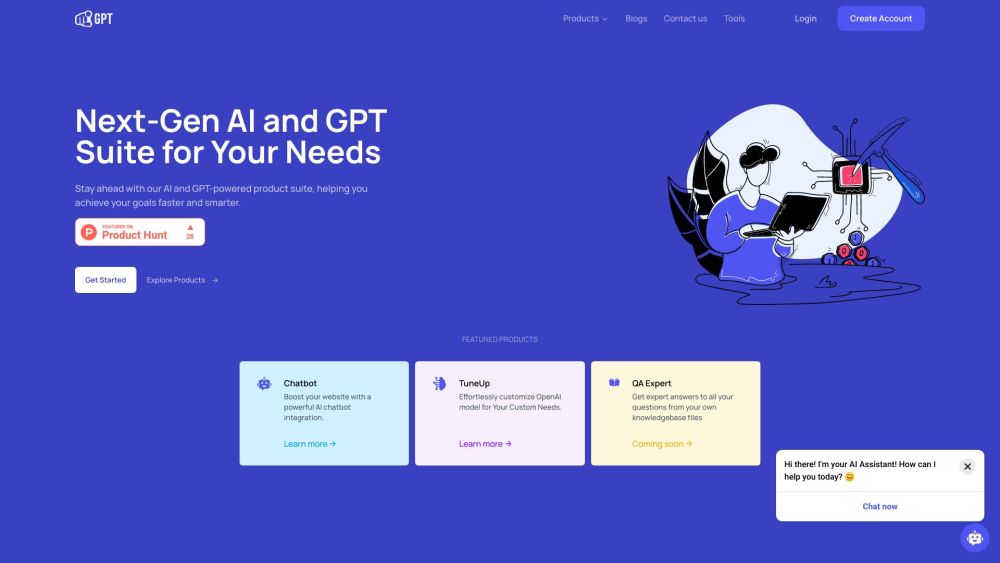Fudan University is launching a comprehensive initiative to develop an AI curriculum and reform educational models. Starting in the fall semester, the university plans to introduce at least 100 AI-related courses for the 2024-2025 academic year. This initiative aims for complete AI integration in three key areas: providing AI courses for all undergraduate and graduate students, extending AI+ education across all disciplines, and ensuring AI literacy in every major.
This strategic shift represents a move from reactive teaching methods to a structured framework, transitioning from AI-for-science (AI4S) to "AI for education" (AI+). The initiative emphasizes collaborative efforts among AI experts, educators, and industry leaders to enrich the learning experience. For example, Nobel laureate Professor Michael Levitt will guide students in protein structure modeling, showcasing AI's role in scientific research, while Professor Qiu Xipeng, developer of MOSS, China’s first open-source large AI model, will introduce students to the latest advancements in AI.
A diverse group of distinguished scholars from various fields is contributing to the formation of this AI curriculum, helping students explore cutting-edge AI and intelligent technologies. The comprehensive curriculum is structured to cover all undergraduate and graduate programs effectively.
The AI initiative will feature the AI-BEST curriculum framework, which includes four components: foundational AI courses (AI-B), core AI specialization courses (AI-E), advanced disciplinary AI courses (AI-S), and AI application courses (AI-T). This framework is designed to accommodate the varied backgrounds and career goals of students in humanities, social sciences, natural sciences, engineering, and medicine.
At Fudan, all students, regardless of their prior AI experience, can engage deeply with the technology. The AI-B courses are accessible to all students, even those new to AI. The AI-E courses aim to cultivate exceptional talent in the AI sector, requiring relevant foundational knowledge. The AI-S courses will provide discipline-specific knowledge systems, while the X+AI component illustrates Fudan's dedication to interdisciplinary collaboration through AI.
The AI-T courses will focus on industry and research applications of AI, tackling real-world challenges and enhancing AI opportunities. Each pathway is crafted for educators and students eager to innovate in specific AI fields.
Through this extensive AI curriculum, Fudan University aspires to be a leading force in AI higher education in Shanghai, fueling AI advancements across various industries and contributing to the establishment of an international innovation hub in the region.




